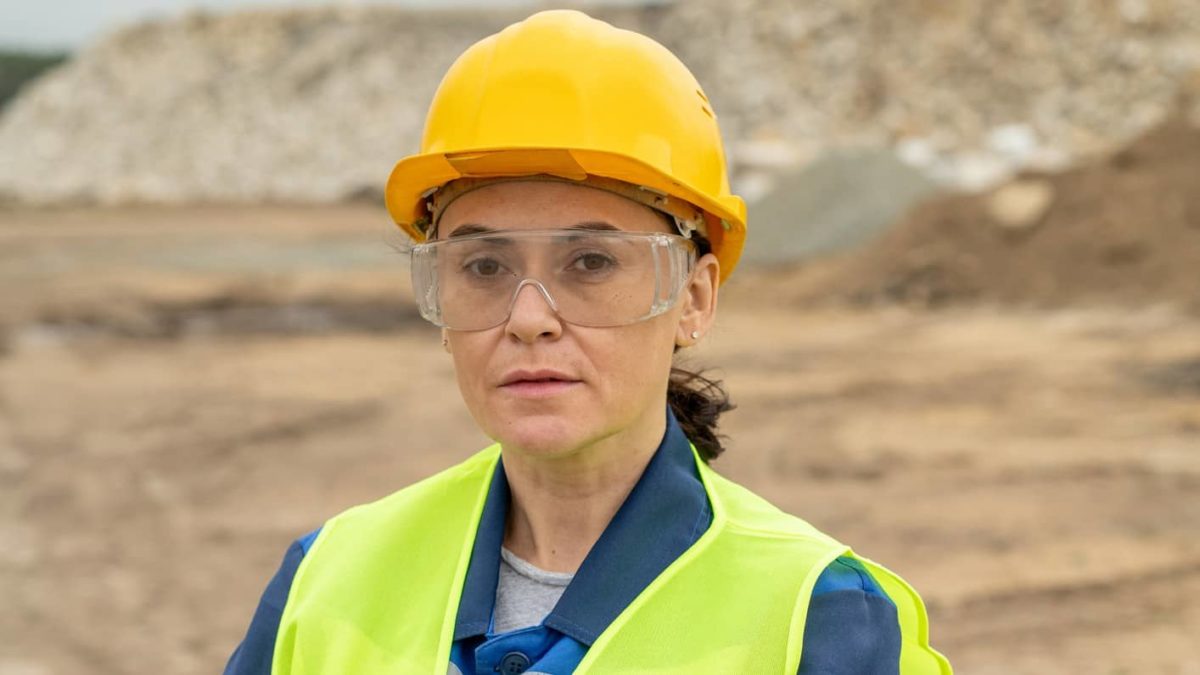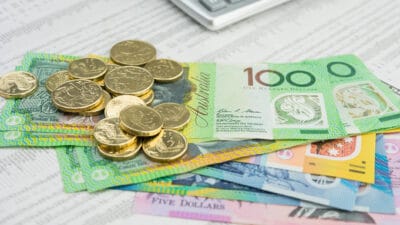The Rio Tinto Limited (ASX: RIO) share price is in the spotlight this week after the ASX mining share revealed its FY22 first half result.
There were plenty of different elements to look at from the announcement.
But there were a few interesting comments made about inflation and what this could mean for the company's outlook.
As a commodity business, Rio Tinto's level of revenue is predominately decided by two things: how much stuff it produces and the price it can sell those resources for.
However, net profit after tax (NPAT) and cash flow are obviously impacted by the costs a business faces as well. Profitability can have an important influence on the Rio Tinto share price.
Inflation bites
According to the company, inflation is impacting the business. On a call, the Rio Tinto chief financial officer (CFO), said:
Higher rates of inflation increased closure liabilities, resulting in a $400 million pre-tax, non-cash charge to underlying earnings. We expect a similar impact in the second half under our existing policy if current rates of inflation persist.
As you would expect, we are not immune to inflation… With CPI, rising energy costs largely attributed to diesel and higher market-linked prices for raw materials and aluminium all having an impact. In aggregate, these factors lower earnings before interest, tax, depreciation and amortisation (EBITDA) by $1.5 billion.
Rio Tinto attributed a US$595 million fall in the FY22 first half's underlying EBITDA to "general inflation". Average movements in energy prices compared to HY21 reduced underlying EBITDA by $560 million, "mainly due to higher diesel prices" for trucks, trains and ships.
However, Cunningham said that "other impacts were relatively well contained", which demonstrated the "resilience" of its operations.
In the Rio Tinto half-year result, it said that underlying EBITDA fell by 26% to US$15.6 billion compared to HY21. However, it still represented a 62% rise compared to HY20.
Rio Tinto's ordinary dividend was reduced by 29% year on year and free cash flow fell 30% to US$7.1 billion.
Is the Rio Tinto share price an opportunity despite the inflation?
UBS has a neutral rating on Rio Tinto, with a price target of $90. It thinks that the iron ore price is headed downward, capital expenditure is expected to rise and higher costs are probably going to be around for a while.
However, the broker Macquarie currently rates Rio Tinto as a buy with a price target of $120. That implies a possible rise of around 20%. The movement in commodity prices will be a key influence on what happens next. Macquarie thinks Rio Tinto is going to pay a grossed-up dividend yield of 14.4% in FY23.







